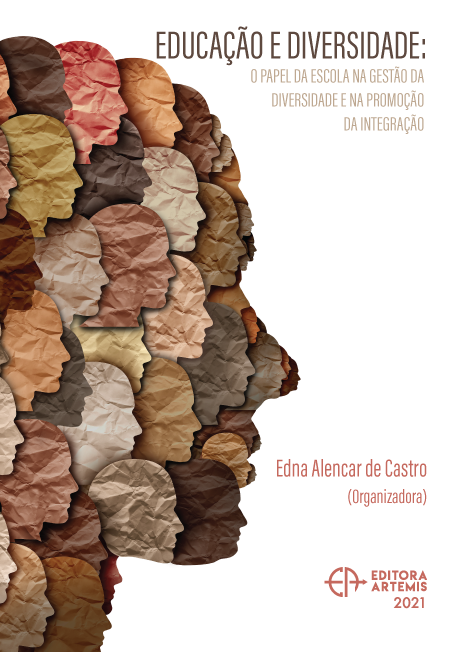
LA UNIVERSIDAD PÚBLICA PARA TODOS... O PARA ALGUNOS?
El imaginario social instituido crea las condiciones para la emergencia de instituciones que portan y transmiten las significaciones imaginarias sociales, entre las que se encuentra las instituciones educativas y específicamente la universidad. Este trabajo es producto de una investigación doctoral que pretende identificar -en el imaginario argentino actual- las significaciones sociales que se le adjudican a la universidad pública y comprender su incidencia en los estudiantes del nivel. Los resultados de la investigación mostraron que la idealización de la universidad prevalecía en el imaginario argentino, aunque sostenida a partir de distintas connotaciones que ponían en juego la impronta subjetiva. La excelencia académica, la promoción de la libertad de pensamiento y del pensamiento crítico y la potencia como garante de movilidad socio-cultural y de inclusión tanto al mundo laboral, como a una elite socio-cultural, se puntuaron como significaciones sociales que se le adjudicaban. Sin embargo, en este entramado de sentidos se visibilizó una situación dilemática. Si bien por un lado era significada como “la universidad para todos” a partir de sus atributos de gratuidad y promoción de la libertad, por otro lado era significada como una institución “para pocos” que desplegaba potentes dispositivos que expulsaban a todo aquel que se alejaba del estudiante ideal (tanto por su capital cultural, su formación académica, su disponibilidad económico y horaria) y que se entretejían con significaciones discriminantes vinculadas al género (vinculo mujeres–conocimiento científico, embarazos y maternidad). Esta situación dilemática que tornaba inaccesible el ingreso y pertenencia en la universidad sobre todo para sectores más vulnerables, puso en evidencia el resquebrajamiento del contrato narcisista originario establecido entre el sujeto y la sociedad (Fernández, 2011), por el cual ésta debe garantizale al sujeto un lugar disponible para ser ocupado por él en el entramado social.
LA UNIVERSIDAD PÚBLICA PARA TODOS... O PARA ALGUNOS?
-
DOI: 10.37572/EdArt_2504213236
-
Palavras-chave: significaciones sociales - inclusión – exclusión - universidad – estudiantes
-
Keywords: social meanings - inclusion - exclusion - university - students
-
Abstract:
The instituted social imaginary creates the conditions for the emergence of institutions that carry and transmit social imaginary meanings, among which are educational institutions and specifically the university. This work is the product of a doctoral research that aims to identify -in the current Argentine imaginary- the social meanings that are attributed to the public university and understand their impact on students at the level. The results of the research showed that the idealization of the university prevailed in the Argentine imaginary, although supported by different connotations that put the subjective imprint into play. Academic excellence, the promotion of freedom of thought and critical thinking and the power as a guarantor of sociocultural mobility and inclusion both in the world of work, as well as a sociocultural elite, were scored as social meanings assigned to it. However, in this web of senses a dilemmatic situation became visible. Although on the one hand it was conceived "the university for all" based on its attributes of gratuitousness and promotion of freedom, on the other hand it was conceived as an institution "for the few" that deployed powerful devices that expelled all who were It moved away from the ideal student (both because of their cultural capital, their academic training, their economic and hourly availability) and that they were interwoven with discriminating meanings linked to gender (link between women and scientific knowledge, pregnancy and motherhood). This dilemmatic situation that made admission and membership in the university inaccessible, especially for the most vulnerable sectors, highlighted the breakdown of the original narcissistic contract established between the subject and society (Fernández, 2011), by which it must guarantee the subject a place available to be occupied by him in the social fabric.
-
Número de páginas: 17
- GLADYS ESTHER LEOZ

